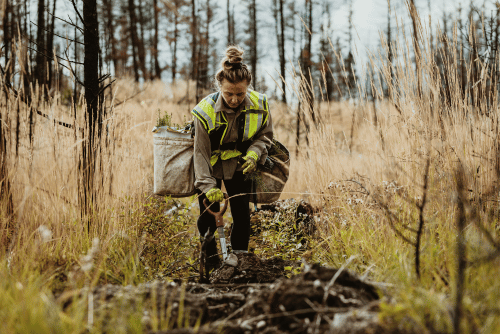
Blog
- Workplace Health & Safety
Home
Resources
Workplace Health & Safety

Michelle Ann Zoleta, Health & Safety Team Manager
(Last updated )

Michelle Ann Zoleta, Health & Safety Team Manager
(Last updated )
If your employees perform outdoor work, you must take safety precautions to protect them from hazardous plants.
Contact with hazardous plants, such as poison ivy, poison oak, and poison sumac, can cause allergic reactions. Exposure to some toxic plants, such as giant hogweed, can lead to severe burns and even blindness.
It is critical that your workers know how to identify such hazardous plants, how to prevent exposure and what to do in case they are exposed.
All those who work near vegetation are at risk. These include gardeners, landscapers, farmers, road workers, outdoor recreational or camp workers.
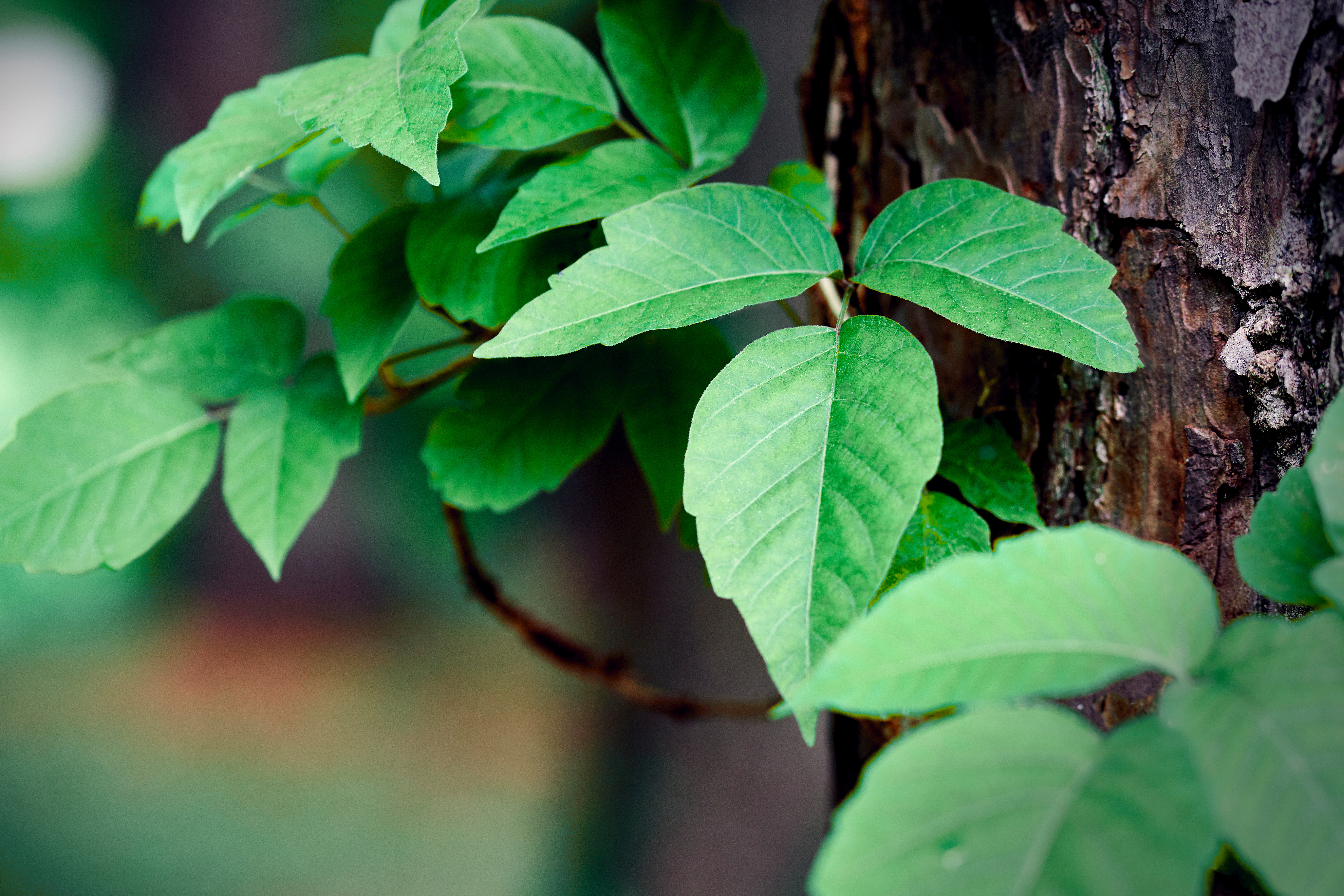
Poison Oak
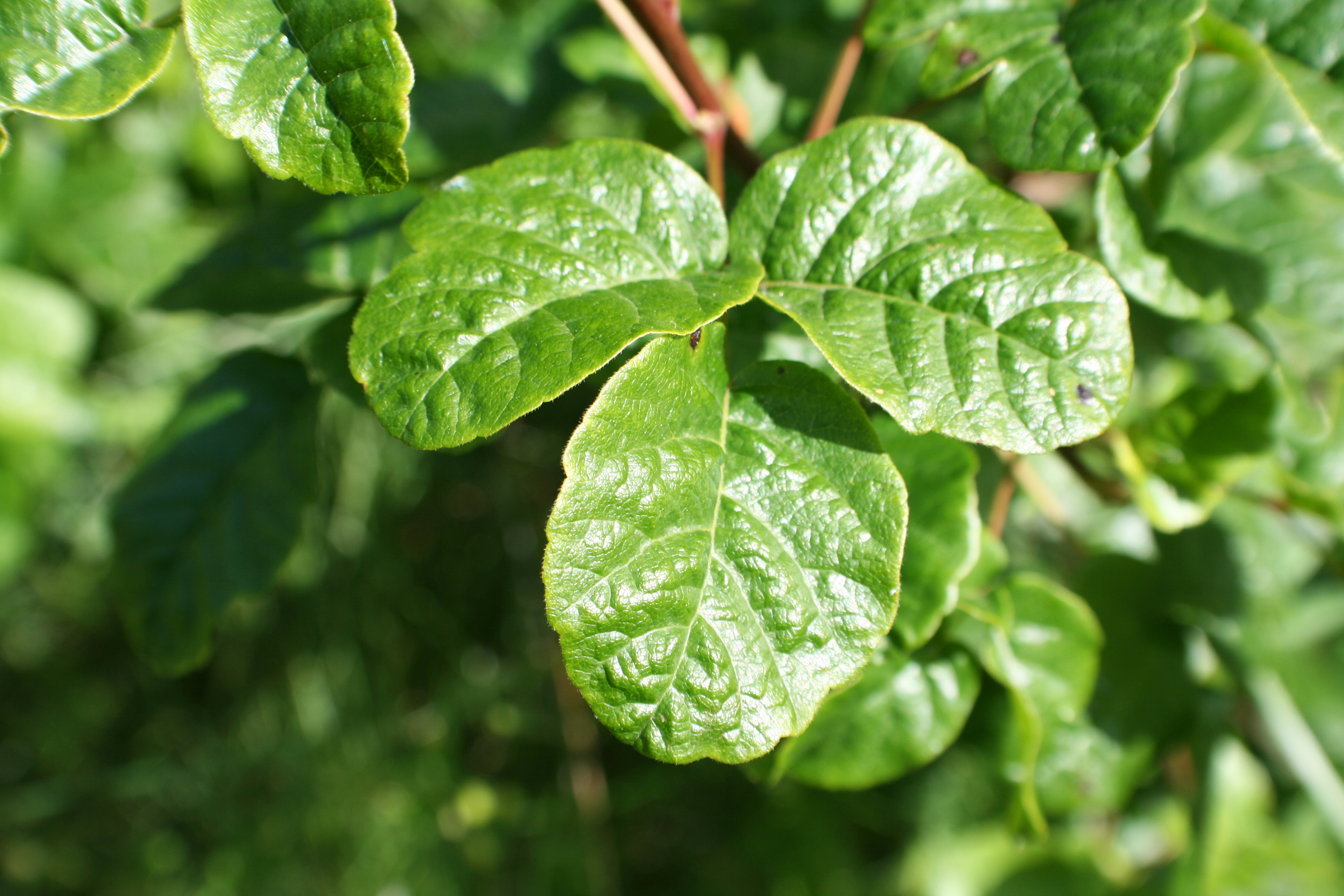
Poison Sumac
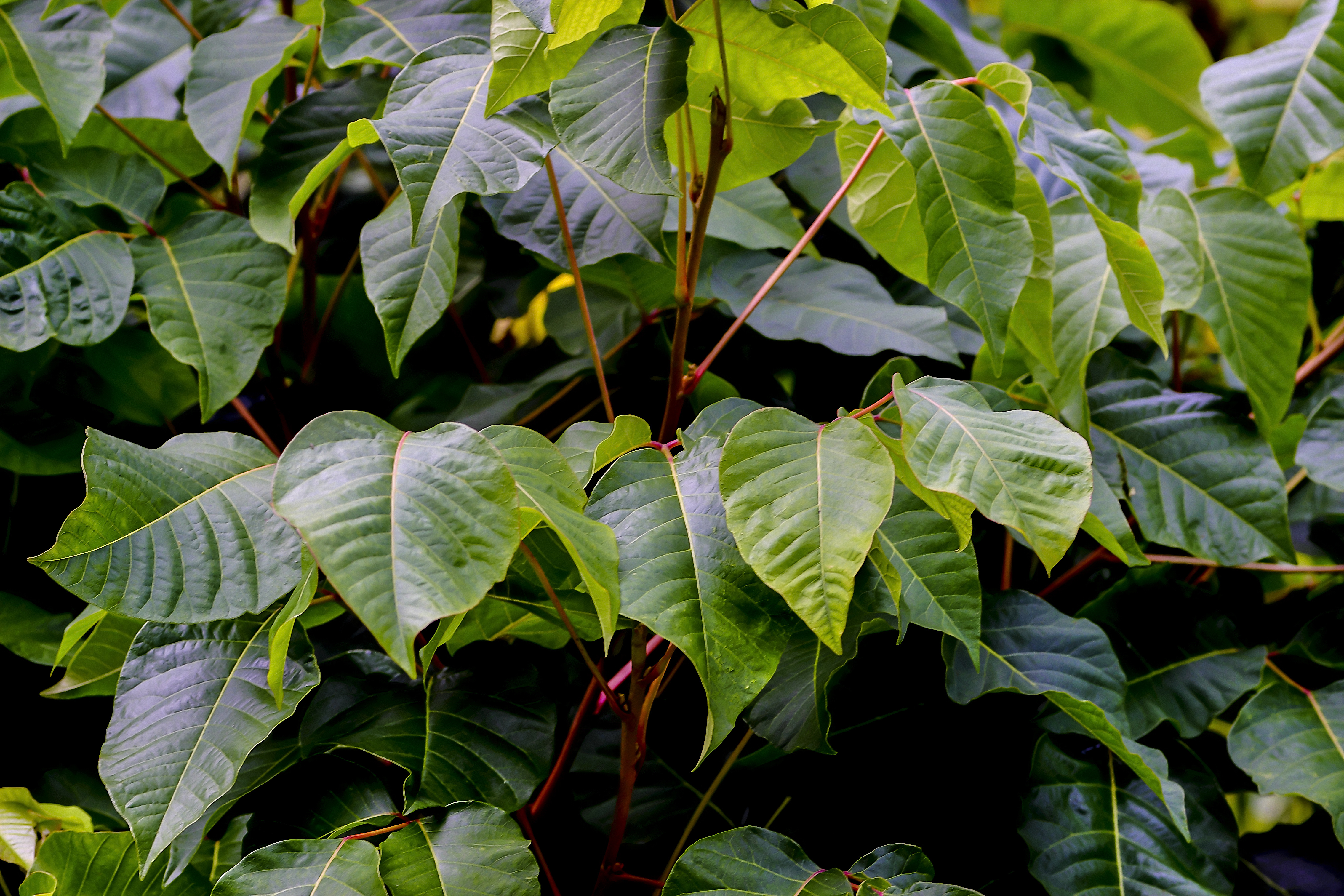
These plants contain a sticky oil (urushiol) that may cause a red, itchy rash called allergic contact dermatitis.
You can get the rash if you:
The rash may cause mild (redness, hives, blisters) to severe (trouble breathing, swelling of face) symptoms.
Poison ivy is common across Canada. Poison Oak is found in British Columbia and Poison Sumac is found in central and eastern Canada.
Giant Hogweed
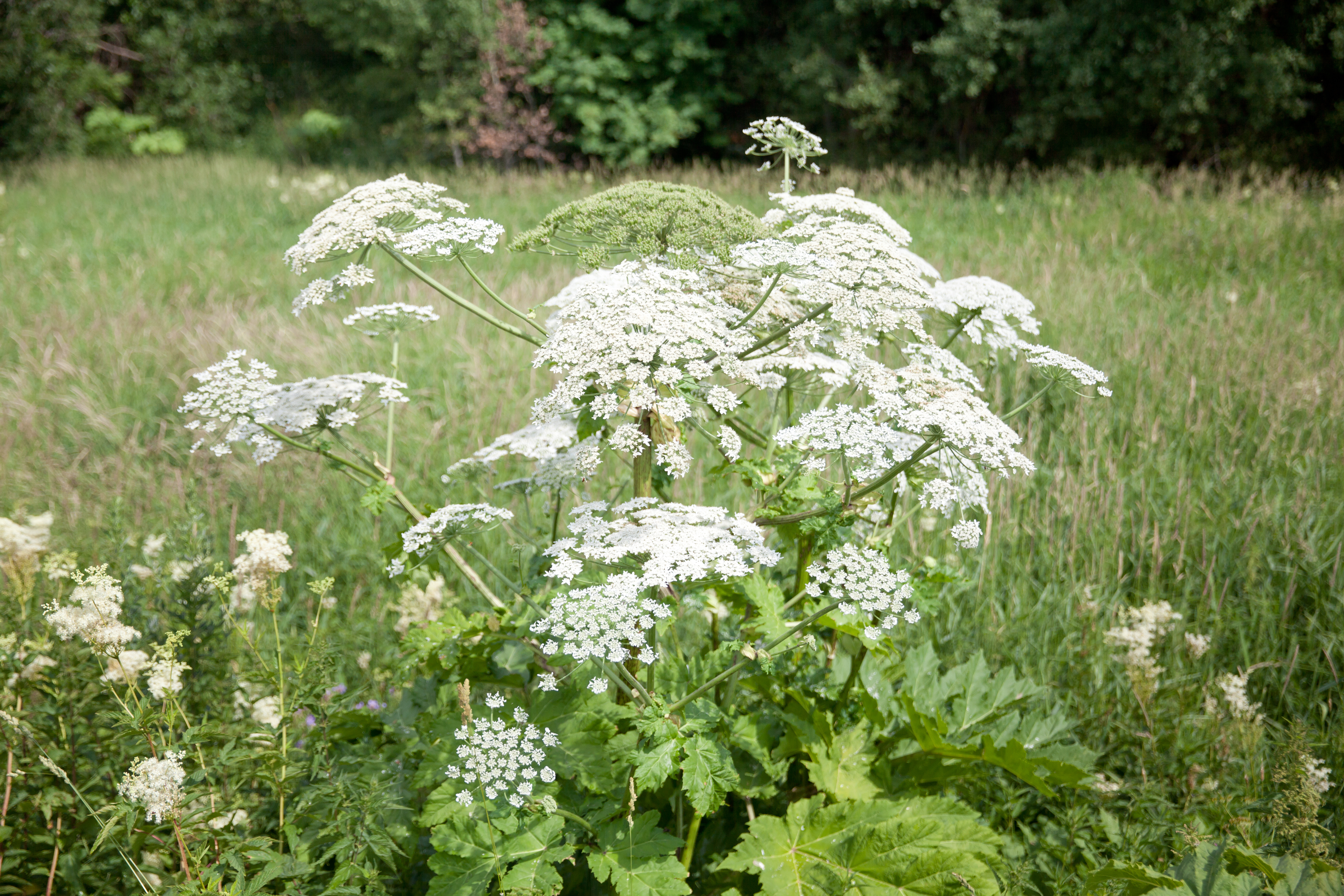
Mature giant hogweed plants produce large, white umbrella-shaped flower clusters.
The sap in the stalk, stems and leaves of the giant hogweed contains photosensitive chemicals that become toxic on contact with sunlight. Exposure to the sap can cause severe burns or blindness. Though the reaction can take place in under 15 minutes, the symptoms may take several hours to appear.
Giant hogweed is common across southern and central Ontario, south and central Vancouver Island, the Gulf Islands, and Greater Vancouver.
Employers should refer to the Canadian Poisonous Plants Information System to learn which plants to avoid. Thorns or spines of non-poisonous plants can also cause injuries.
Employers should conduct a risk assessment of their work site and put safety controls in place accordingly. The most effective safety control is to train your workers to identify and avoid hazardous plants.
We recommend that you:
Giant Hogweed
Poison ivy, oak, or sumac
For a mild rash:
Seek emergency medical attention if:
Whether you need help developing a safety policy for outdoor staff or guidance on workplace regulations, our health and safety experts have you covered. We have a team of consultants available 24/7 via telephone to answer all your queries. We also offer a smart HR software to make your daily HR and OHS tasks quick and convenient. To learn more about how our services can benefit your business, call us today at 1 (833) 247-3652.
Home
Resources
Workplace Health & Safety
Find out what 6,500+ businesses across Canada have already discovered. Get round-the-clock HR and health & safety support with Peninsula. Click below to unlock free advice policies, e-learning, the best online HR software and more.
